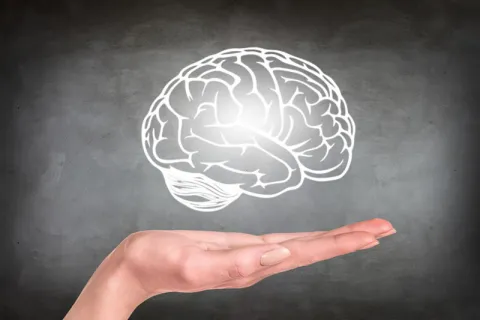
WFN Educational Grants-In-Aid
The WFN has been offering research grants to young neurologists since 2011.
Please click here for the list of recent prior grantees and reports.
The WFN mission is to "foster quality neurology and brain health worldwide" and this year the WFN is offering up to 6 grants of up to $25,000 with a maximum spend of $100,000.
Research Projects that will be considered for funding include the following:
- Education such as research on neurological education and patient education. (Please note that grants related to the funding or creation of neurological residency or fellowship training programs will not be awarded).
- Improvement of neurological services
- Regional collaboration
- Disease-based projects. (Please note that pure laboratory or “bench research” projects are out of the scope of this grant program).
Download Grants-in-Aid Rules and Regulations
Grants-in-Aid 2025
Eligibility
Neurologists less than 10 years from graduating in neurology from WFN Member Societies.
Preference will be given to applicants residing in in areas of World Bank low/lower-middle-income countries.
Aim
The WFN seeks to fund low cost, high impact education and outcome research projects able to be implemented locally (at source). International cooperation is encouraged.
(Please Note: Projects to provide routine health care and ongoing research proposals are not eligible).
Criteria
Projects should be in education, improvement of services (regional or national) or scientific and require the collection of data to test a hypothesis.
Each grant will have to satisfy its terms of the agreement (see below).
In the application please address the following points:
-
Relevance
How does the project directly address the mission of the WFN?
-
Value
What is the return on invested effort in funds and/or time? -
Viability
Is this a time-limited project with a measurable outcome or is it an initiative that will grow and support the development of further research or initiatives? -
Synergy
Within the WFN and among committees, initiatives and task forces, with outside partners, governmental and non-governmental organisations, the WHO, fundraising agencies etc.
Please suggest possible partners. For example, a project on stroke would probably be interesting for the WSO, for epilepsy possibly with the ILAE etc. (See co-sponsored grants) -
Evaluation
How will the outcome be measured? -
Management
Good governance, transparent monitoring and clear interim and financial reports are required.
Co-sponsored grants
The WFN encourages 'co-sponsored' grants. These grants will be co-sponsored by the WFN and a partner organisation (PO). The PO can be a scientific society (e.g. ILAE, MDS, etc.), a regional society (EAN, AOAN etc.) or a national society. The PO will sign a sponsorship agreement with the WFN to define the shared costs and the role of the individual partners in such projects.
Project responsibility and reporting will be shared by the WFN and the partner organisation.
Deadlines
- Application due by Friday, 6th June 2025
- Applicants will be notified of successful funding in due course after the closing date.
- Once applicants are informed of the decision, funding will begin as soon as it can be arranged thereafter.
- Applications are to be submitted exclusively using the WFN grant application form (see button below) and should include the following:
Application Checklist
- The name of the lead applicant with curriculum vitae and any sponsoring group
- Title of the project
- Description of the project
- Direct relevance of the project to the mission of the WFN
- Viability of the project
- Timeline of the project, dates, and duration
- Detailed budget in US dollars
- Name of bank to enable electronic funds transfer and confirmation of the same by the specified bank – this must be your selected institutional account; grants cannot be paid into personal banking accounts.
- Approval by a local or institutional ethics committee prior to submission.
ALL FUNDING MUST BE RECEIVED THROUGH AN ACADEMIC INSTITUTE ACCOUNT.







